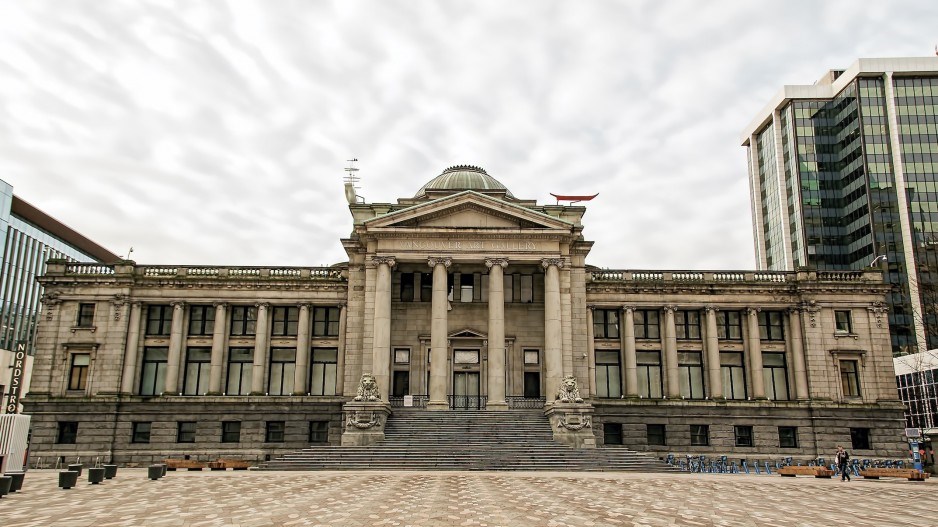Vancouver city council on July 29 unanimously approved a pilot project that allows people to drink alcohol in four public plazas starting August 10.
The four plazas are:
• the north plaza next to the Vancouver Art Gallery;
• an area known as Lot 19, which is at the corner of Hornby and West Hastings streets;
• the plaza on Bute Street just south of Robson Street; and
• a temporary pop-up plaza at the corner of West 17th Avenue and Cambie Street.
The temporary measure ends in mid-October, and it has restrictions, such as that drinking alcohol will only be allowed between noon and 9 p.m. at the Vancouver Art Gallery plaza. The other three plazas will allow people to drink alcohol between 11 a.m. and 9 p.m.
Local business improvement associations will manage and monitor the project.
"There is strong public support for this and it's time that adults are treated like adults," Downtown Vancouver Business Improvement Association CEO Charles Gauthier said in a tweet.
Vancouver Mayor Kennedy Stewart said the project is "a responsible way to allow people to safely physically distance while enjoying a drink outside in our city. Not everyone has access to their own private outdoor space."
Council's move to allow public drinking comes one day after the Vancouver Park Board voted to support a pilot project that would allow the public to drink alcohol in specific parts of 22 city parks starting in mid-August and running until October 12.
It is unclear exactly when the project will go into effect because the provincial government needs to first change the Liquor Control and Licensing Act. Attorney General David Eby has said that this legislative change could take a while but that a workaround could be to have the provincial government tweak regulations.




